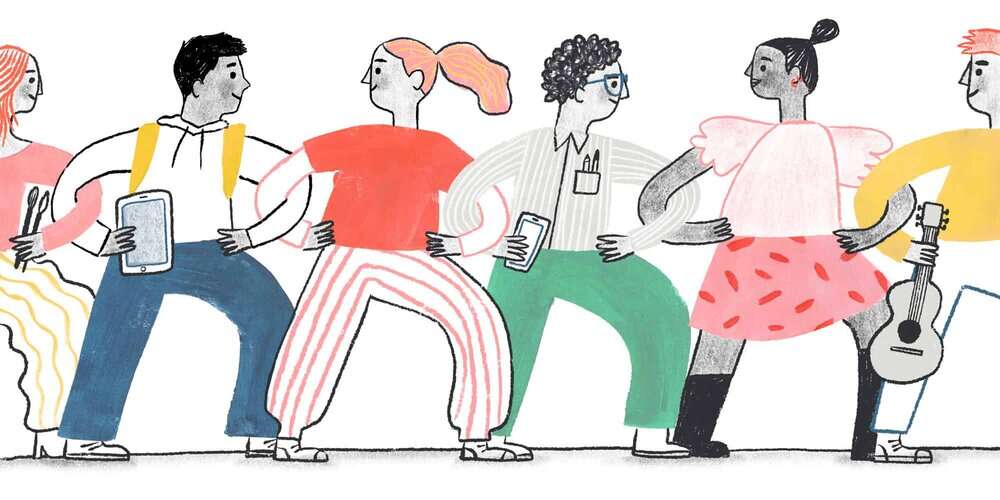Validation

Why is validation important?
Validation is a powerful tool that helps young people feel seen and understood during challenging moments. People who feel validated are more likely to open up about their struggles, process difficult emotions in healthy ways, and develop stronger emotional resilience. Consistent validation from caring adults can significantly reduce a young person's stress response and create a foundation of trust that supports their overall mental wellbeing.
Validation is the acknowledgment of how someone feels without agreeing or disagreeing. The process of validation tells someone “I’m listening,” “I care about your feelings,” and “We’re in this together.” It builds on your active listening skills. By helping young people feel heard and understood, validation can help defuse big emotions.
It’s important to realize that validating feelings is not the same as approving actions or behaviors. Expressing curiosity (“Tell me more about why…”) lets your teen know that you are open to hearing their feelings and reasoning. This can help build trust and allow for a more constructive conversation if you do need to express concerns or if your child is seeking advice.
Try to:
- Let your teen speak all the way through even if you have immediate feedback.
- Acknowledge their feelings and check your understanding of them, so that you are not making assumptions. “It sounds like you’re hurt by how your friend acted. Is that right?” or “You really don’t feel like you can go to school today, do you? Can you tell me why?”
- Avoid diminishing or talking your teen out of what they are feeling: “It’s not a big deal, it’s just a crush,” or “You shouldn’t feel bad that…”
- Verbalize the unspoken, such as, "It seems like you’re feeling that not much is going your way," or "It sounds like you felt disrespected when your teacher made that comment."
- Thank your teen for sharing, ask if they would like to problem-solve together or if they just wanted to vent, and tell them they can talk more with you about the issue another time if they’d like.
- Give it time to work! Be patient if your teen gets defensive or upset. Be patient with yourself, too. You may need a minute to compose yourself and provide a validating response, especially if your teen tells you something worrisome.
What is validation? Navigating Pediatric Mental Health: A Practical Guide for Clinicians
— submitted by a Young Person
Other tools to support young people:
Giving Support
Learn how to be there for young people who may be struggling with their mental health.












